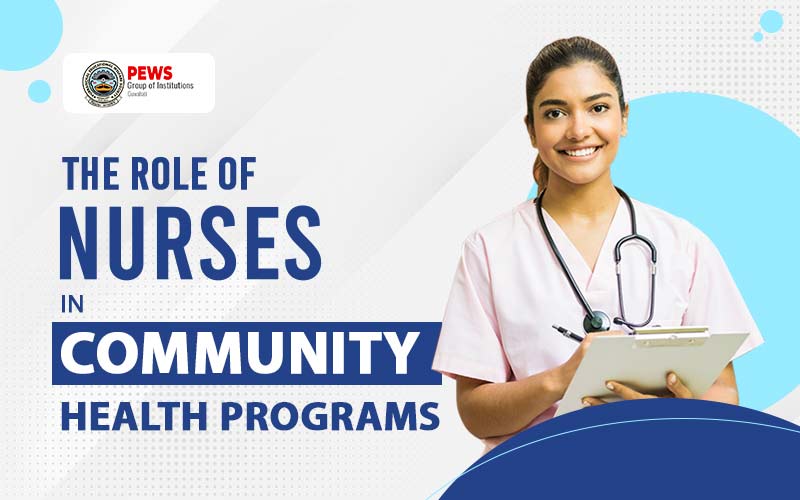
Nurses play a crucial role in community health programs, combining care, education, and advocacy to enhance public health. Their multifaceted roles extend beyond traditional clinical settings, positioning them as pivotal figures in fostering healthier communities. Here’s an exploration of how nurses contribute significantly to community health programs:
1. Health Promotion and Education
Nurses are at the forefront of health promotion, educating community members about preventive care, healthy lifestyles, and disease management. Through workshops, seminars, and one-on-one interactions, they empower individuals with knowledge about nutrition, exercise, and self-care. This proactive approach not only prevents illness but also encourages individuals to take charge of their health.
2. Disease Prevention and Management
In community health programs, nurses play a crucial role in preventing and managing chronic diseases such as diabetes, hypertension, and asthma. They conduct screenings, monitor patients' conditions, and provide tailored care plans. By identifying at-risk individuals early, nurses help mitigate the impact of these diseases on the community.
3. Vaccination and Immunization
Nurses are essential in vaccination campaigns, ensuring that community members receive timely immunizations to prevent infectious diseases. Their involvement ranges from administering vaccines to educating the public about the importance of immunization and addressing vaccine hesitancy.
4. Home Health Care
For individuals with chronic conditions or disabilities, nurses provide home health care, offering personalized support and treatment in a familiar environment. This service is particularly valuable in underserved areas where access to healthcare facilities may be limited.
5. Emergency Preparedness and Response
Nurses are key players in emergency preparedness and response efforts. They are trained to handle a range of crises, from natural disasters to disease outbreaks. Their expertise ensures that communities are equipped to respond effectively, minimizing the impact of emergencies on public health.
6.Advocacy and Policy Influence
Nurses advocate for community health needs and work to influence health policy. Their frontline experiences provide valuable insights into the challenges faced by communities, enabling them to advocate for resources, programs, and policies that address those needs.
7. Mental Health Support
The role of nurses in mental health is increasingly recognized. They provide counseling, support, and resources for individuals facing mental health challenges, helping to reduce stigma and improve access to mental health services.
8. Collaboration and Coordination
Nurses often collaborate with other healthcare professionals, community organizations, and local agencies to deliver comprehensive care. Their ability to coordinate services and resources ensures a holistic approach to community health.
Nurses are indispensable to community health programs, combining clinical expertise with a compassionate approach to care. Their diverse roles in health education, disease prevention, emergency response, and advocacy contribute significantly to the well-being of communities. Recognizing and supporting the contributions of nurses is essential to enhancing the effectiveness and reach of community health programs, ultimately leading to healthier, more resilient communities.
PEWS Group of Institutions has opened applications for Nursing Programs for the current admission season 2024-2025. Apply for Nursing courses at PEWS, visit : https://cpmsc.com/register
To get complete details about our courses and admission at cpmsc.com or Call - 88110 99994, 98640 91758, 98640 31785, 98640 16245 Or mail us at: pewsghy@gmail.com.